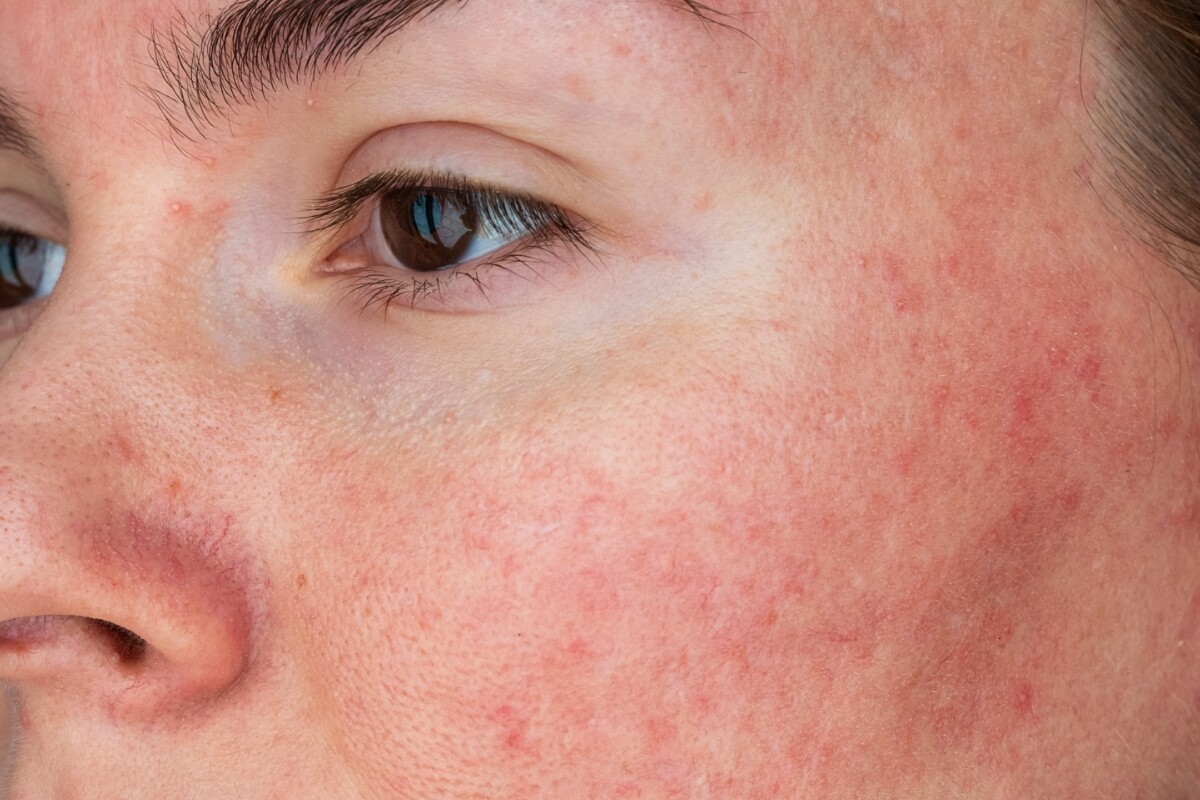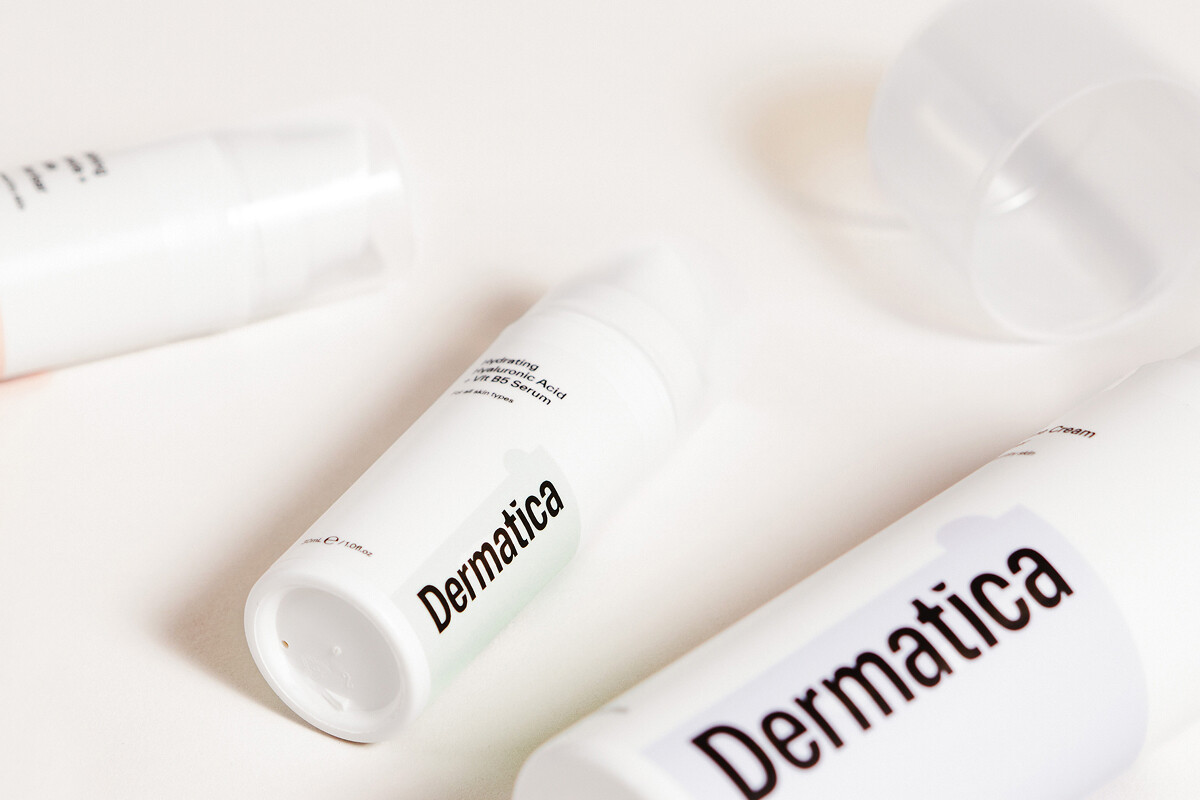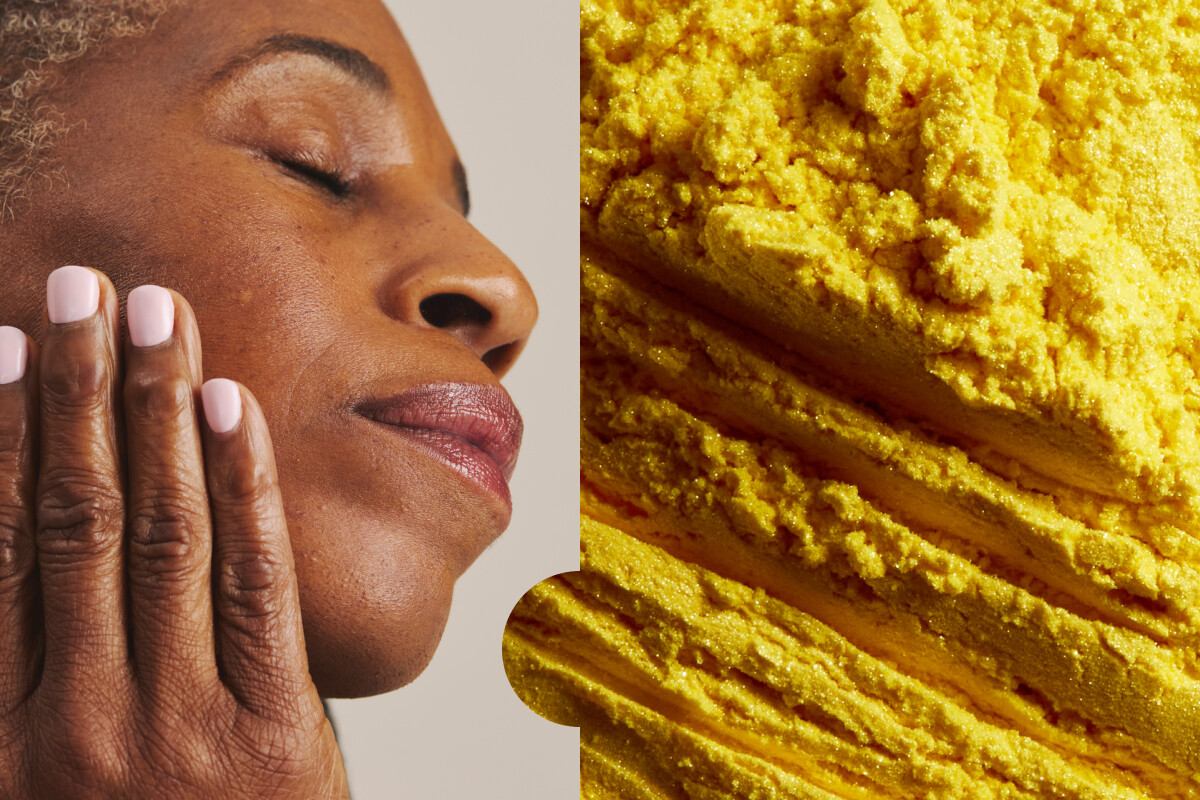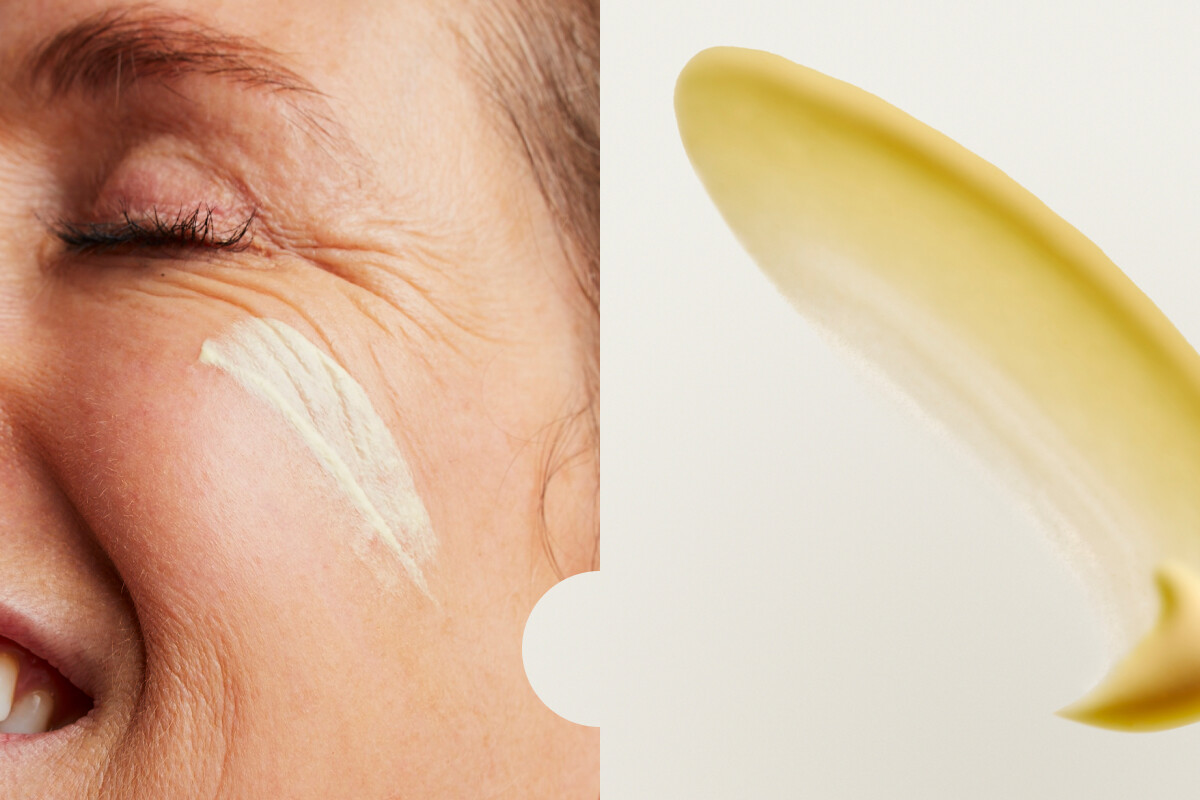What is Tretinoin?
Tretinoin belongs to a group of drugs called retinoids, which means they are Vitamin A derivatives. Tretinoin is a topical (applied to the skin) form of Vitamin A that helps the skin renew itself and was first licensed for the treatment of acne. However, over the years, the anti-wrinkle effects of tretinoin have been explored further due to its proven anti-ageing properties in scientific research studies.
How quickly does Tretinoin work?
Tretinoin users have reported that the anti-ageing effects of Tretinoin usually take around three to six months to show. In the long-term, consistent use of Tretinoin will pay off when it comes to reducing the signs of ageing. In terms of acne, it could take up to eight to twelve weeks to notice results – and your acne may appear worse during the first few weeks of using Tretinoin.
There are numerous studies that looked at both short and long-term application of Tretinoin and their secondary effects. In one study, the treatment was applied for a time period of one to four months. Within this period of time skin changes were noted and included improvement in fine/coarse wrinkles and the tretinoin-treated group were reported as having ‘a rosy glow’ that was not noted in the control (non-treated) group. One critique of these studies is that patients were not under long-term follow-up. However, improvements were noted within a few months.
There have also been a number of longer-term studies where patients were treated for six months with different strengths of Tretinoin. These studies overall included many more patients and the studies showed significant improvement in photo ageing effects of the skin. Further studies have also demonstrated longer-lasting effects of Tretinoin on the skin even after it has been discontinued.
How to apply Tretinoin
Before applying Tretinoin, wash your skin with a mild soap or cleanser along with warm water using the tips of your fingers. It’s important that you remember not to scrub your face with a sponge or washcloth. Wait 3-5 minutes before applying the treatment to make sure the skin is dry – and remember not to apply Tretinoin to wet skin as it can irritate the skin. Remember to wash your hands after application!
Key points to remember
-When you start using Tretinoin, remember to apply a sunscreen during the day because some people believe that tretinoin increases the risk of sunburn with prolonged sun exposure.
-As mentioned above, clean, dry skin is key when it comes to applying Tretinoin. Water on your face can lead to increased irritation, especially at the beginning of treatment.
-Start with a low dose, at Dermatica, Tretinoin comes in a range of doses, we usually recommend starting at a low concentration and slowly increasing the strength as your skin gets used to it. This can take just a few weeks for some people or many months for others.
To get your own personalised formula start a consultation with our expert dermatology team.
References: Mukherjee S, Date A, Patravale et al. Retinoids in the treatment of skin ageing: an overview of clinical efficacy and safety. Clin Interv Aging. 2006 Dec;1(4):327-348.
Dr Catriona Maybury
Dr Catriona Maybury is a Consultant Dermatologist, working as Medical Lead for Dermatica and at St George’s Hospital in London. Catriona completed her specialty training at St John’s Institute of Dermatology in London. Catriona has a special interest in medical dermatology, completing a PhD in liver fibrosis amongst psoriasis patients at King’s College London. Catriona is a certified coach and worked as Dermatology Section Editor for the British Medical Journal.





